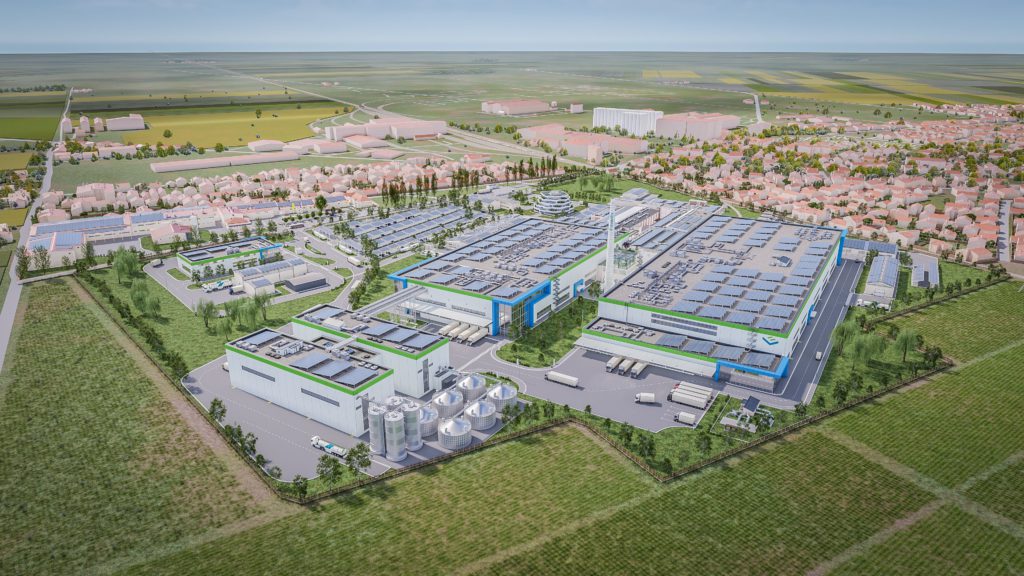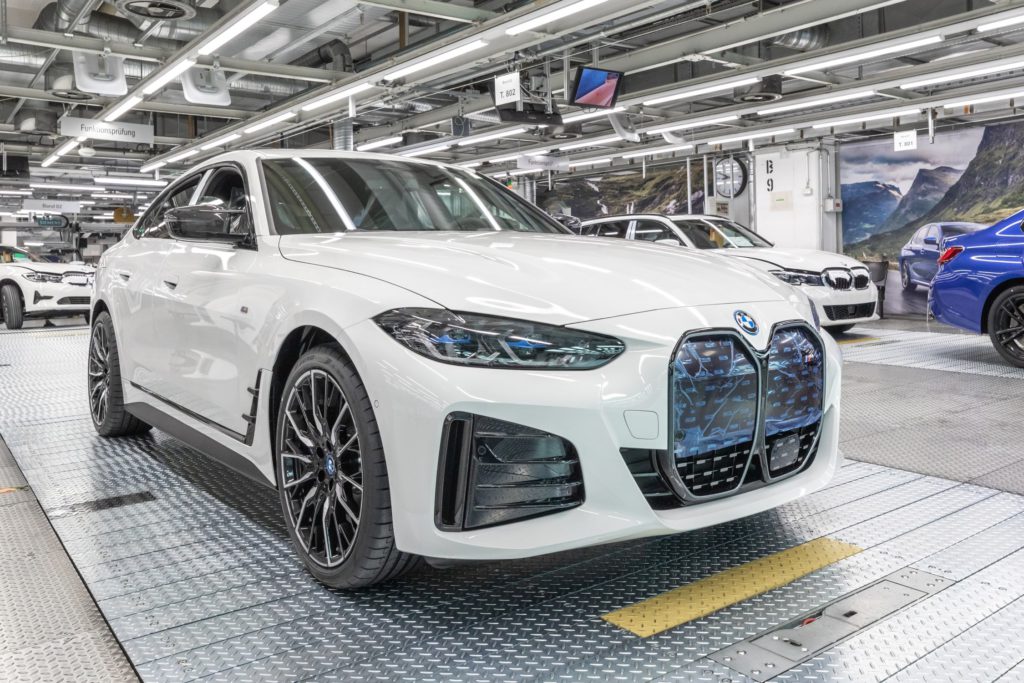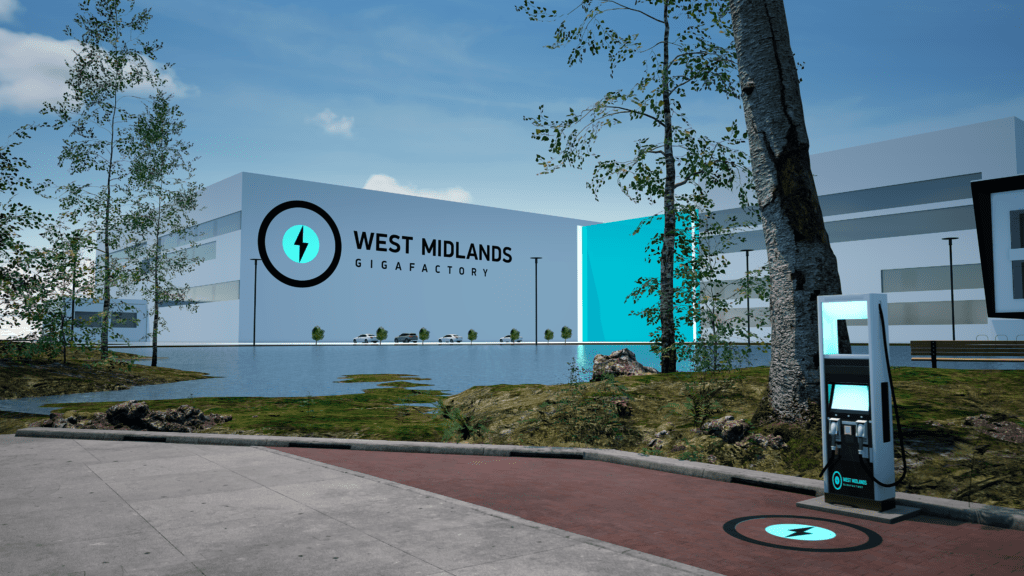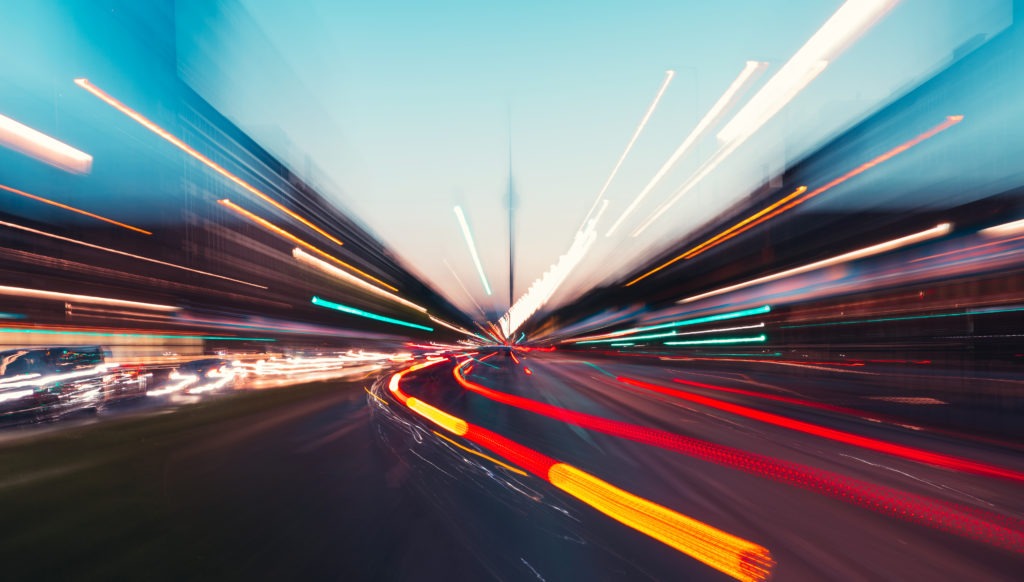Audi to build German EV-battery centre by 2023
29 October 2021
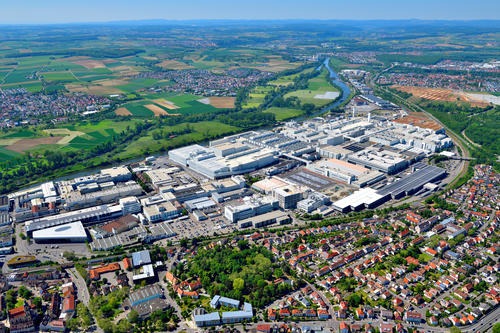
Carmakers in Europe continue to push their electrification efforts, focusing increasingly on battery research. Audi is part of a growing number of manufacturers keen to develop their electromobility technologies. The company is planning to expand its German Neckarsulm site, adding a battery centre for testing high-voltage storage technologies.
The centre will go into operation by 2023, hosting a laboratory for pilot projects. Audi is already developing high-voltage batteries for plug-in electric hybrids (PHEVs) in Neckarsulm, but wants to grow its battery portfolio there to cater for the production of battery-electric vehicles (BEVs).
Competitive edge
‘High-voltage batteries and electric engines make up an important strategic component of future value creation in a transformed auto industry,’ said Oliver Hoffmann, Audi board member for technical development. ‘The high-voltage energy-storage system is the component that promises the greatest competitive edge.’
‘The fact that we are expanding our competencies in this field is therefore an important investment in the future of the Neckarsulm development site and its employees. We are initially focusing on training and knowledge building. In the coming years, high-voltage batteries will be developed here for various fully-electric Audi models,’ he added.
Audi wants to intensify the technical development in Neckarsulm and intends to establish the site as a ‘centre of competency for a key electromobility technology.’ Staff that previously worked at the testing facility for internal-combustion engines (ICE) will work on prototypes of new high-voltage storage modules for electrically-chargeable vehicles (EVs), starting in 2023.
Focus on electromobility
The shift to EVs is forcing huge changes in the automotive industry. It requires reskilling programmes for workers as they prepare for a zero-emission future, with ICE being phased out in the EU by 2035. A recent report by an industry group, the Platform for Electromobility, called on governments and companies to prioritise programmes that invest in the training and reskilling of the labour force.
Audi’s investment decision to locate high-voltage battery development and a battery centre in Neckarsulm does not only show its commitment to the site’s long-term security. It also signals an important step in the technical development of staff, giving them job security. The carmaker has been training employees in the Neckarsulm technical development unit in the field of high-voltage energy-storage systems since 2020. It said 28,000 Audi employees have been trained for e-mobility overall since 2017.
Media reports suggest Audi is planning to invest €500 million to €600 million in the Neckarsulm site. A spokesperson for the company confirmed with Autovista24 that the manufacturer is planning to inject this sum into the plant in the coming years. Some of it will be used to develop a new building and train employees. The spokesperson did not specify how much of that money would be poured into the battery centre.
The company is planning several construction projects, such as a new multi-function building for the technical-development unit, due to be completed in 2022, and a new paint shop that will be up and running by 2025. These projects emphasise the measures Audi is taking as it looks to transform its plants to adapt to electromobility. The German carmaker will exclusively bring new electric models to the market starting in 2026, aiming to phase out production of ICE models by 2033.
‘We don’t want the battery system – the largest component in an electric car – to be separate from structural components anymore. For that reason, we are pushing collaboration toward a whole-vehicle perspective,’ said Stephan Reil, head of technical development at the Neckarsulm site.
‘We are bringing body and high-voltage energy-storage development together directly and thereby enhancing synergies. By doing that, we are building a bridge to light construction and thus forming a symbiosis for maximally-efficient cars from Audi,’ he added.
